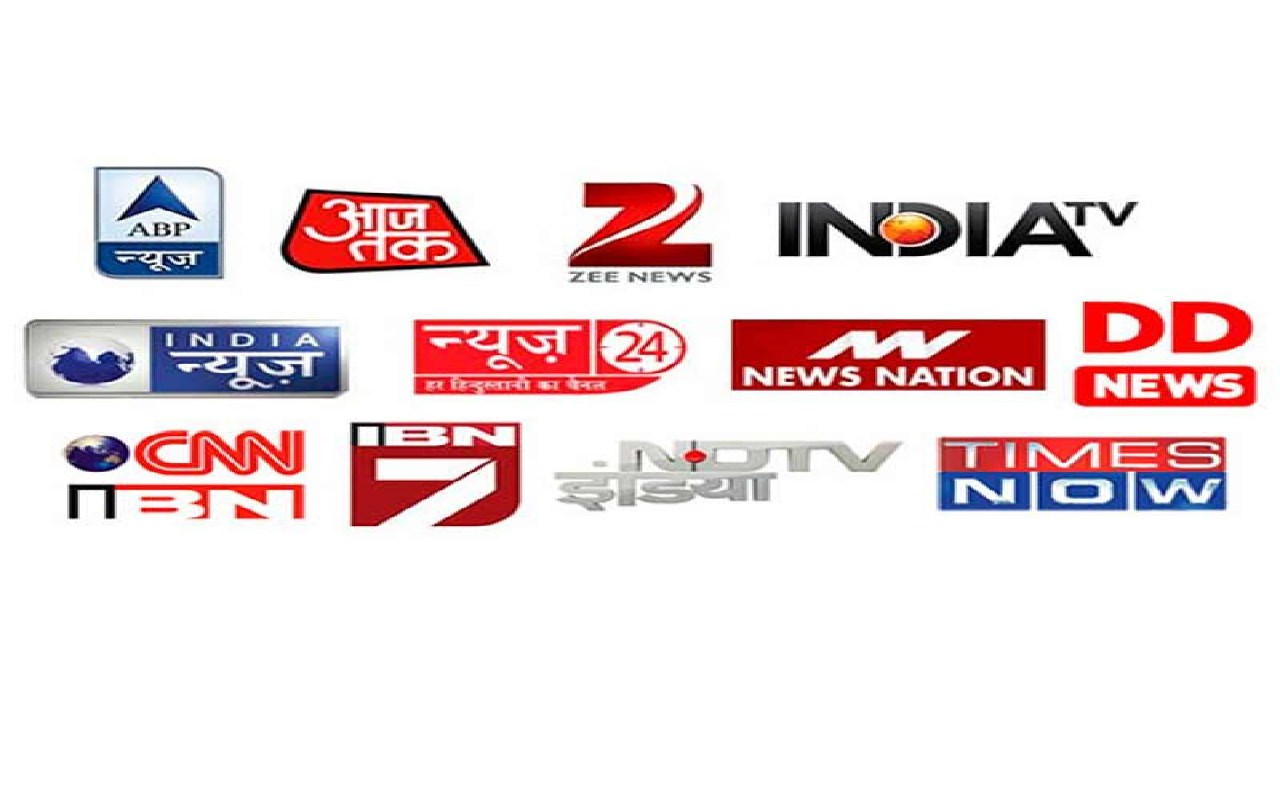Islamabad, May 7, 2025: In a firm response to India’s ongoing digital clampdown, Pakistan has blocked 20 Indian news channels and 34 websites/URLs accused of spreading anti-Pakistan narratives online.
This countermeasure, executed with technical support from Google, was revealed by Pakistan Telecommunication Authority (PTA) Chairman Major General (R) Hafeez Ur Rehman during a Senate Standing Committee meeting on Information Technology and Telecommunication.
Presiding over the session, Senator Palwasha Mohammad Zai Khan affirmed that the action was Pakistan’s answer to India’s repeated efforts to restrict Pakistani digital content and news platforms. “This is a matter of national digital sovereignty,” she stressed.
Palwasha shared her personal ordeal, revealing that following her recent Senate speech, she became the target of what she termed digital harassment.
“I’ve received over 600 spam audio and video calls from Indian numbers. Even blocking them hasn’t stopped the flow,” she stated.
Her remarks sparked a broader discussion within the committee on the need for Pakistan to strengthen its digital defenses and adopt assertive strategies in cyberspace.
Senator Afnan Ullah Khan warned of a larger digital warfare campaign launched by India:
“India is running an organized cyberwar to suppress our narrative and hinder the global visibility of Pakistani voices.”
He urged for a robust national policy that not only counters such threats but also builds Pakistan’s capacity to project its perspective across digital platforms.
Read More: Key Points from DG ISPR Briefing on India’s Attack
Digital Tug-of-War Intensifies
This latest move reflects the growing digital rivalry between India and Pakistan, especially in the age of social media influence and information warfare.
While India has previously blocked access to several Pakistani news outlets citing ‘national security concerns’, Pakistan’s latest decision seems to mark a shift from reactive to proactive.
Experts believe that this development could further strain bilateral ties and might prompt similar steps in the future.
Cybersecurity analysts suggest that strategic digital countermeasures and international lobbying are now essential tools for modern diplomacy.









